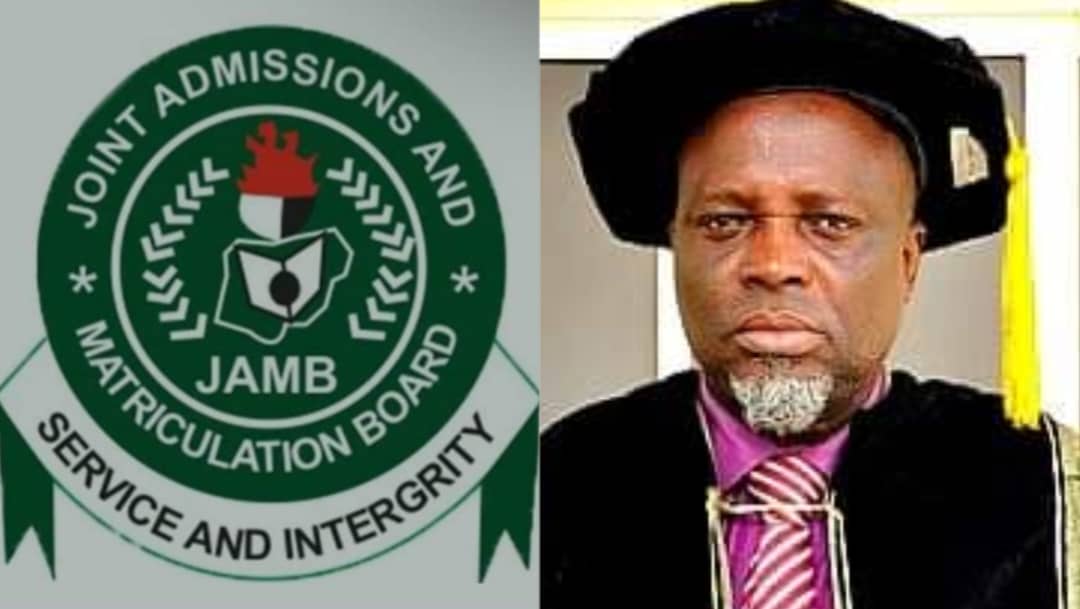Prof. Ishaq Oloyede, Registrar of the Joint Admission and Matriculation Board (JAMB), has cautioned tertiary institutions, particularly universities, against admitting underaged students, labeling such admissions as “illegal.”
During the opening of the seventh biennial conference of the Committee of Pro-Chancellors of State-Owned Universities in Nigeria on Tuesday in Lagos, Oloyede emphasized the need to halt illegal admissions, including those of underaged students. The theme of the conference was “Effective University Governance: Role of Stakeholders.”
“For the sake of accountability, data protection, and the integrity of our nation, this act must stop because any irregularity is illegal,” Oloyede stated.
He recounted an incident from two months prior, where a European country inquired about the legitimacy of a 15-year-old Nigerian student’s graduation and subsequent application for a postgraduate course. Oloyede confirmed that while the student did graduate, she was not admitted by JAMB.
“He had to include that he was not the VC at the time the student was admitted,” Oloyede added.
Oloyede highlighted that state-owned universities, which are more numerous than federal ones, must address this issue. He also raised concerns about the illegal admission of diploma students, noting that 9,000 diploma students were admitted last year, with 3,000 from a single university.
“Everyone of us should be accountable because all these acts can damage our education system,” Oloyede stressed.
Prof. Ibrahim Gambari, former Chief of Staff to the President, urged pro-chancellors to develop action plans to make their institutions as competent and attractive as federal and private universities. By doing so, they can retain top faculty and attract the best students.
“State-owned universities must explore how best to carve out specific niches which inevitably place them in a position to exploit corresponding comparative advantages that enhance their position. Successfully executing this establishes a foundation for brand creation and recognition,” Gambari said.
Sen. Joshua Lidani, Chairman of COPSUN, acknowledged that the conference theme covered many governance issues within the university system. Lidani, Pro-Chancellor of Gombe State University, listed challenges such as corrupt practices, impersonation, miracle exam centers, inadequate funding, and the proliferation of universities.
“Other issues include the premature dissolution of governing councils and boards of tertiary educational institutions, and delays in reconstituting them,” he noted.
Lidani added that these practices create significant administrative vacuums, leading to various anomalies.
“Incessant strike action by ASUU and other labor unions, along with the attendant consequences on stability, quality, and standards, are symptomatic of the deep malaise affecting the system,” he said.
While acknowledging that the conference alone cannot solve these problems, Lidani expressed hope that it would raise public awareness and provide guidance on improving governance, standards, and quality in the tertiary education system.
“I have no doubt that the conference can point the way forward and advise on the way stakeholders can play a better and rightful role in uplifting the standards of education in the country,” he concluded.
